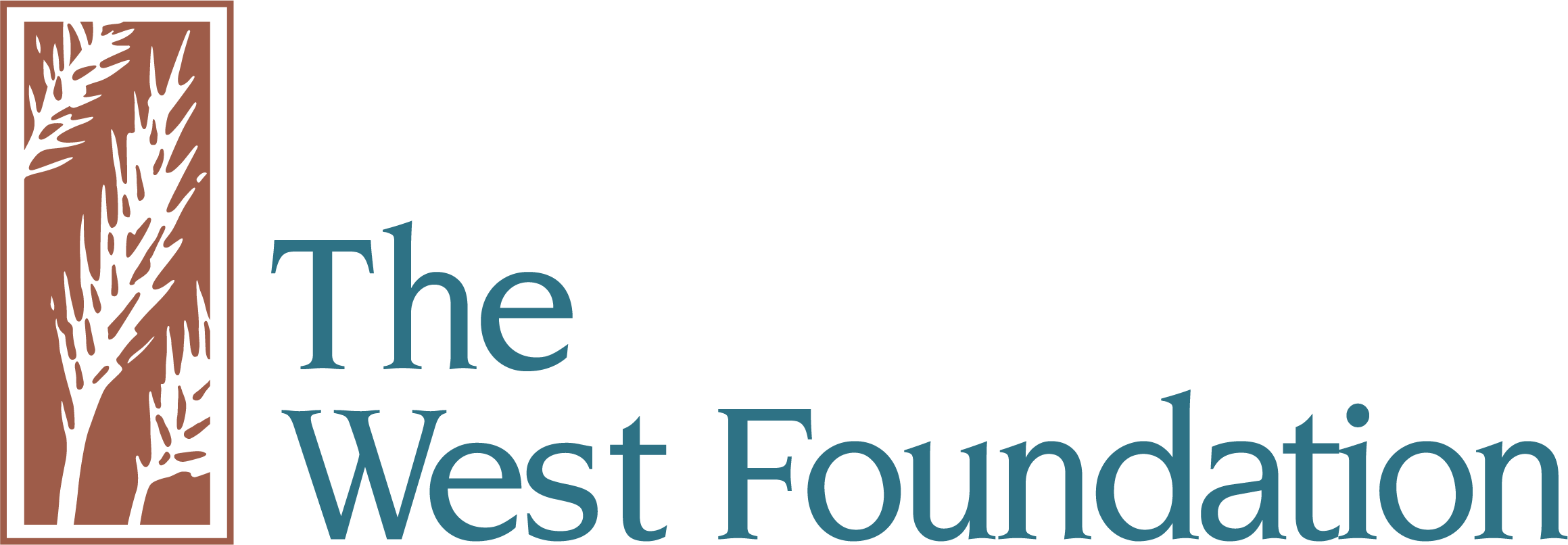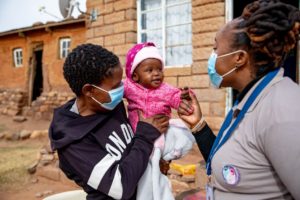Supporting Innovation, Growth, and Impact at mothers2mothers
mothers2mothers (m2m) is an Africa-based NGO that unlocks the power of women to eliminate pediatric AIDS and create healthy families. m2m trains and employs women living with HIV in sub-Saharan Africa as frontline health workers called “Mentor Mothers.” These women become role models who help other women and families at health facilities and in their communities access essential services and medical care, start on any treatment they need, and continue with their health journey. From an initial focus on preventing mother-to-child transmission of HIV, m2m now delivers a range of services for newborns, children, adolescents and families, to ensure the whole community thrives, not just survives.
Mentor Mothers are armed with the knowledge of how it feels to be in their clients’ shoes and are trusted members of their community—a simple, but incredibly effective, model of sisterhood. Since its founding in 2001, m2m has created jobs for over 11,000 women living with HIV in sub-Saharan Africa, and these Mentor Mothers have reached more than 12 million women and children under age two.
From contributing writer Robin Smalley, Co-Founder and Chief Connector, mothers2mothers
Thanks to the support of long-standing partners, like The West Foundation, m2m continues to deliver innovation, growth, and impact, even amid the disruption and fear caused by the COVID-19 pandemic. This is demonstrated in our recently released Annual Programme Review, which contains reach and impact data from 2020. We are also proud to be able maintain and protect meaningful jobs for African women living with HIV, providing much-needed income during a time of unprecedented economic crisis. As of the end of 2020, m2m employed 1,698 frontline staff members.
Among the highlights of our 2020 Annual Programme Review:
Our Scale:
• m2m’s footprint is larger than it has ever been. We now work in 10 African nations across Eastern, Southern, and Western Africa.
• Our client base grew as well. We enrolled 1,044,045 new clients directly into our programme in 2020, a 14% increase over 2019. This included reaching more children, adolescents and young adults, in line with our commitment to increase access to healthcare for everyone and, in particular, adolescent girls and young women who continue to be one of the most at-risk populations for contracting HIV.
Significant Progress on the Journey to End HIV by 2030:
One of the big highlights of the year is that we achieved virtual elimination of mother-to-child-transmission of HIV for the seventh year in a row for our enrolled clients, with an average rate of just 0.8% across three representative countries (Lesotho, South Africa, and Uganda), well below the United Nations benchmark of 5% for virtual elimination.
Advancing Global Goals:
When COVID-19 struck, a key fear was that HIV service disruptions would result in a drop in testing and treatment availability and that people living with HIV would fall out of care. We are proud to say that for our enrolled clients, this has not been the case. What’s more, we reached almost all UNAIDS Fast-Track Targets to end the HIV/AIDS pandemic by 2030. Among the highlights:
• Ninety-eight percent (98%) of m2m’s pregnant clients at health facilities were tested for HIV, compared to the 91% benchmark for Eastern and Southern Africa.
• Ninety-seven percent (97%) of m2m’s pregnant and breastfeeding clients living with HIV accessed antiretroviral therapy (ART), exceeding the UNAIDS benchmark of 85% in Eastern and Southern Africa.
• Ninety percent (90%) of m2m clients across all age groups who received a viral load test were virally suppressed.
eServices deliver impact:
As COVID-19 began to spread across Africa, we rapidly innovated and adapted our service delivery model to blend in-person services and eServices. This included replacing some in-person appointments with structured calls, underpinned by mHealth apps designed to both deliver services and track progress. m2m also accelerated the development and launch of the Virtual Mentor Mother Platform, an interactive tool run on WhatsApp that enables users in nine countries to access on-demand health information and service referrals on COVID-19 and other important health topics in over 20 languages. This new hybrid approach to service delivery is contributing to sustained—and even improved—health outcomes for our clients across the HIV care and treatment cascade, despite significant disruptions caused by the COVID-19 pandemic.
Among the highlights:
• We reached more than 200,000 people through eServices in 2020 who might otherwise have been at risk of falling out of care.
• Ninety-four percent (94%) of eServices clients took their treatment more than 95% of the time, 87% of eServices clients had a viral load test done, and 93% of eServices clients were virally suppressed.
We are so thankful for partners like The West Foundation who have supported us on this journey. Together, we will deliver our vision of health, hope, and an HIV-free future.

